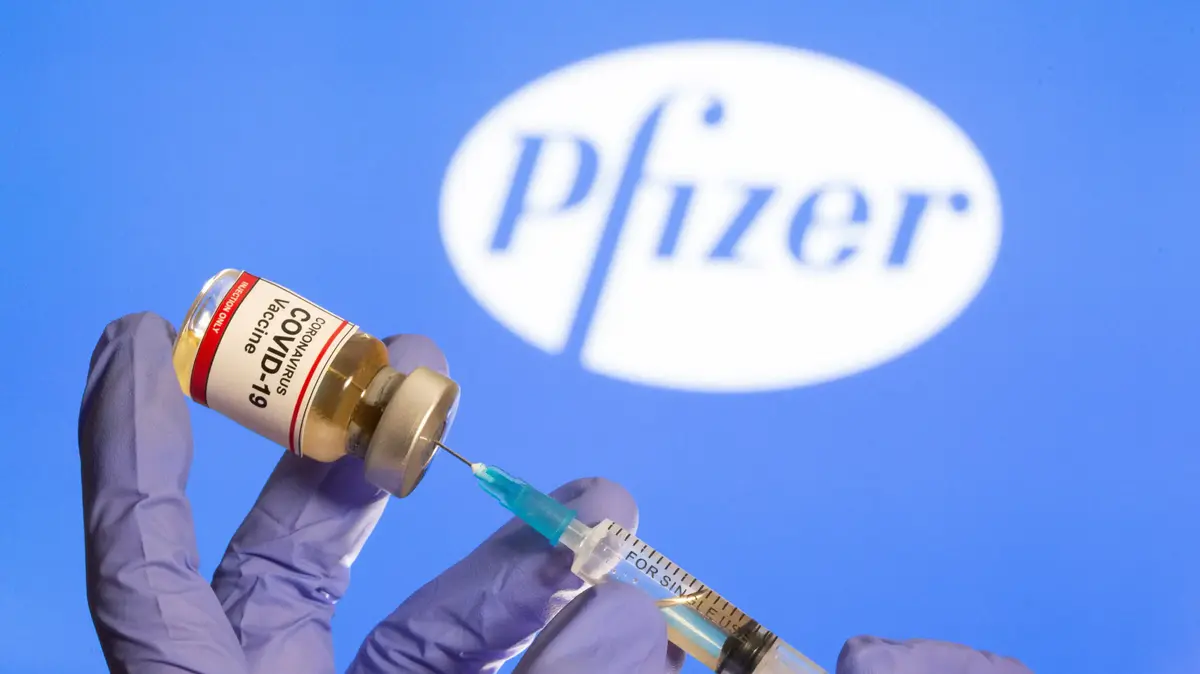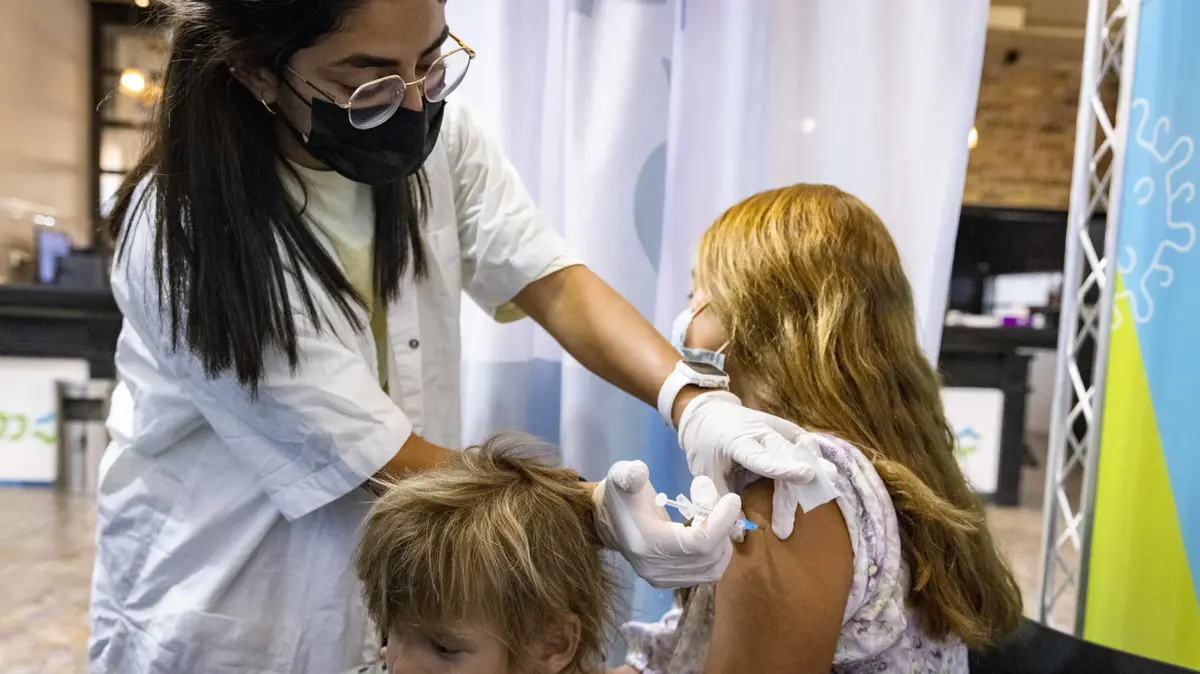Pablo Sigal
04/27/2021 10:12 AM
Clarín.com
Society
Updated 04/27/2021 10:41 AM
The statements of this Tuesday morning of the presidential adviser Cecilia Nicolini
surprised
and, at the same time,
scared
. The surprise is that now the Government would be in a position to advance with a negotiation for
coronavirus
vaccines
with the Pfizer laboratory, which was truncated at the end of 2020. The scare is because that decision would be the clearest admission that the country effectively
is running out of doses
to apply.
Nicolini's statements - if they are consistent with reality - would also be the recognition that the arguments used by the Government to rule out an agreement with Pfizer last November
would not have the force that was argued
.
Now, then, those differences that at the time seemed
insurmountable and abusive
could be settled
.
The reality is that the Government is standing at a crossroads, with two million Sinopharm vaccines that are arriving but that
will only be used for second doses
.
In other words, the Vaccination Campaign cannot advance immediately on the basis of population coverage.
The explicit intention to move forward with Pfizer occurs when ties with AstraZeneca
have deteriorated
.
This laboratory was the main Argentine bet, on horseback from the outsourcing of the production of the active principle of the vaccine in the mAbxience plant, in Garín.
For the first time this past weekend, President Alberto Fernández was
publicly annoyed
with AstraZeneca's delays: "We hope that they will begin to fulfill their commitments in Latin America," he said.
The Central Military Hospital, where in August six thousand Argentine volunteers participated in the Pfizer trial.
Photo: Maxi Failla
According to the estimated schedule contained in the contract with this laboratory, for which the country
paid for 60 percent of the vaccines
in advance, the first batch should have arrived in March.
The second should have been in April, and so on the subsequent ones, month by month, until July.
The laboratory does not believe it has failed to comply: its argument is that a clause in the document says that deliveries would begin during the
first semester
.
That will be a matter of an eventual government dispute.
Lawsuits against AstraZeneca for non-compliance have already started in Europe.
Beyond legal issues, what matters immediately is
health
and the possibility for the most vulnerable Argentines to have a Covid vaccine before winter.
And in that regard, the government's management has been insufficient.
Pfizer was the first chance presented to the country to close a purchase agreement.
The phase 3 study of the vaccine in the Military Hospital, with 6,000 volunteers summoned by the infectologist Fernando Polak, placed Argentina in a
privileged place
.
But then everything got bogged down.
The former Minister of Health, Ginés González García, attributed the lack of agreement to
abusive requests from the laboratory
, which demanded changes to the vaccine law that Congress had approved.
The argument was that, supposedly, Argentina was being required to respond with
sovereign assets
before possible trials.
And that the laboratory was not willing to take charge of any situation, not even in cases of
negligence.
The reality is that Pfizer signed the same contract with the six Latin American countries that have already closed their agreement with the US laboratory.
Clarín
had access to the contract signed by Brazil, where these issues are present.
Also in Peru they admitted to this newspaper that the negotiation had been tough, but that they had been able to
reach an understanding.
Nicolini's words this Tuesday would be the closing of a not very virtuous circle, a management
deficit in planning
and abundant in "punches". If the Argentine course is observed in its attempt to obtain vaccines, it tried to cover potholes in the road with
unstable solutions
. At this point in April, the feeling is one of great uncertainty.
To recap, when AstraZeneca began to suffer delays in its production,
it looked towards Russia
, which was able to send batches from Moscow with a dropper.
Production was never able to scale with the manufacture of the vaccine in India and South Korea, as was apparently planned.
Then
China appeared
, which is now paying off its debt of 2 million vaccines and until the second semester there would be no chance of getting more.
In the midst of all these incidents, the Argentine decision to access only the minimum quota of the Covax Fund to be able to enter this solidarity mechanism has also been added: the coverage of 10 percent of the population, when there was a chance to go for more , up to a maximum of 50 percent.
Trust in AstraZeneca at the time was blind.
$
Look also
In silence and "without the Court", the City and the Nation approach positions through face-to-face classes
"Argentine vaccine", the official obsession against the Covid that collides with the urgency to double the daily doses









